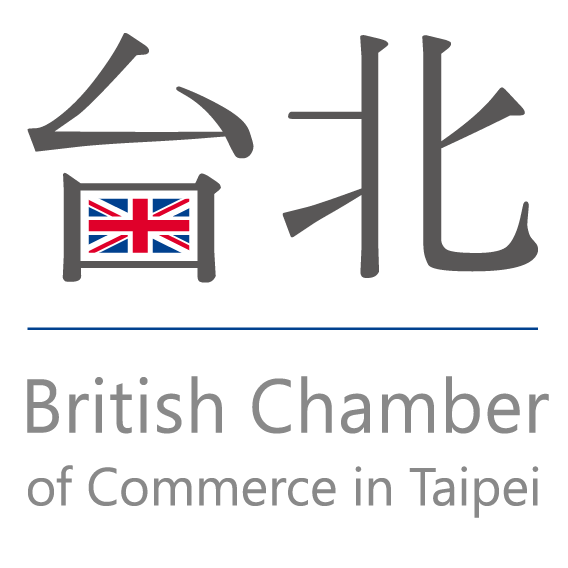U.S. construction titan Bechtel eyes $10bn Taiwan energy jackpot

The biggest U.S. engineering and construction company expects at least $10 billion in business opportunities in Taiwan over the next decade as the island makes an aggressive push to cut back on coal and reduce emissions along its globally vital tech supply chain.
Bechtel also intends to capture demand from other Asian economies looking to transition away from coal and into liquid natural gas and renewables, Richard W. Freer, the company's president for the Asia-Pacific region, told Nikkei Asia in an interview.
But it is Taiwan -- which has pledged to phase out nuclear energy by 2025 and reach net-zero emissions in 2050 -- where Bechtel sees one of the biggest opportunities right now, according to Freer.
Taiwan's energy market, particularly for LNG, is one of the largest in the world, according to the executive. "The business opportunities for us are very strong," Freer said, adding that his company is eyeing $10 billion worth of business opportunities on the island during the next decade.
The opportunities will come mainly from Taiwan's demand for LNG terminal infrastructure, Freer said, adding that demand for combined-cycle power installations is also rising. Combined-cycle power plants use gas and steam turbines to generate additional power from the same amount of fuel as a traditional simple-cycle power plant that uses the fuel once.
Founded in 1898, state of Virginia-based Bechtel has a long Asia-Pacific history. It was involved in building Hong Kong's main airport and a high-speed rail system in South Korea. It has also helped Japan address water contamination since the Fukushima nuclear disaster in 2011.
In addition, Bechtel is one of the key companies working on the Australia-Asia PowerLink, one of the world's biggest renewable energy projects. Intended to export solar energy from the Northern Territory of Australia to Singapore, it will involve the world's longest undersea, high-voltage, direct current cable, which will stretch approximately 4,200 km, Australian energy company Sun Cable said on Oct. 20. The project is slated to become operational in 2027.
Bechtel moved its regional headquarters to Taipei from Shanghai in 2019. It expects to expand its team in Taiwan to serve rising demand from Southeast Asia, which is experiencing a boom in energy-related projects, is gaining an appetite for data centers and is increasingly finding itself in need of infrastructure to support supply chain diversification.
Bechtel has been operating in Taiwan for decades via a local subsidiary that serves major foreign and domestic companies. It has helped Google build data centers on the island and is involved in Taiwanese conglomerate Formosa Plastics Group's biggest petrochemical projects.
"Taiwan is obviously an important market to us and we have a broad base here," Freer said. His company feels "very comfortable" operating on the island thanks to the government's transparent procurement process for infrastructure projects, he added.
Bechtel's bet on Taiwan comes amid warming ties between Taipei and Washington. U.S. Secretary of State Anthony Blinken recently urged all United Nations members to support Taiwan's participation in the organization; it has not held a seat since 1971. The American Institute in Taiwan, Washington's de facto embassy, has repeatedly pointed out that Taiwan plays an important role in diversifying global supply chains away from China and that the U.S. will cooperate with Taiwan closely.
Outside of the energy sector, Bechtel helps tech suppliers like Taiwan Semiconductor Manufacturing Co. with their domestic and overseas expansion plans, Freer said. His company has seized opportunities that emerged after the U.S. government called for bringing chip production back to the country. In this regard, it has been providing engineering expertise and consulting services to Taiwanese suppliers looking to expand production in the U.S.
The construction company also expects business to boom in Vietnam, the Philippines, Indonesia and Thailand as more tech and other manufacturers diversify their production away from China and into Southeast Asia, the executive said.
Bechtel's Taiwan expansion is coming as the Tsai Ing-wen administration moves to increase the share of electricity generated by LNG to 50% by 2025 from 35.6% currently, while lowering the amount of coal-fired power to 30% from 45%. The resource-limited island also aims to increase the use of renewable energy to 20% from 5.58% to offset the loss of nuclear power, which contributed 10% of the total power supply in the first eight months of this year, according to government data.
Taiwan's green ambitions are crucial to the island's continued existence as a key Asian tech economy. Apple, Dell, Google and other big multinationals have all committed to reducing their supply chains' carbon footprints, and falling behind in the decarbonization drive could cost Taiwanese suppliers business in the long term.
TSMC, key Apple and Tesla power system supplier Delta Electronics as well as other Taiwanese tech suppliers have joined RE 100, a global renewable energy initiative led by the Climate Group and the Carbon Disclosure Project. It requires participants to commit to 100% usage of renewable energy before 2050.
